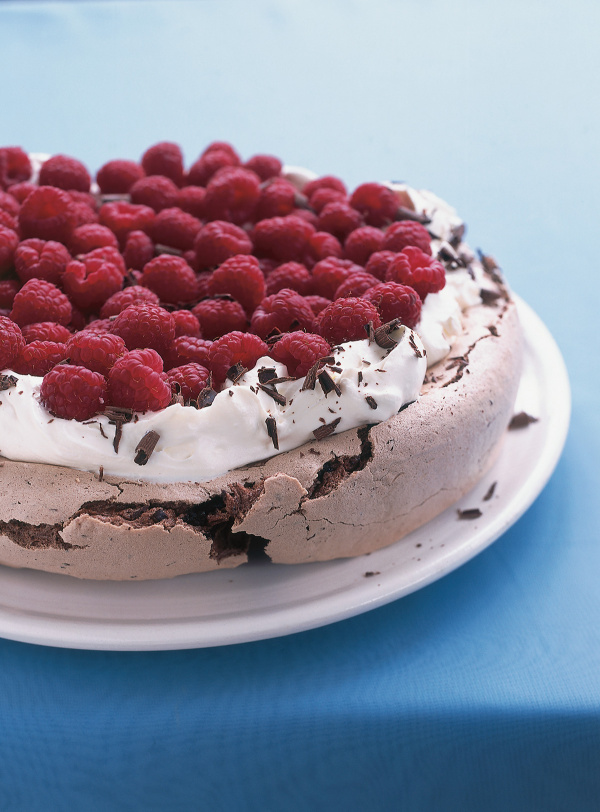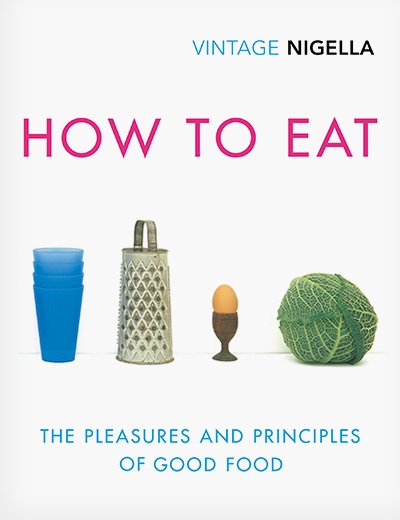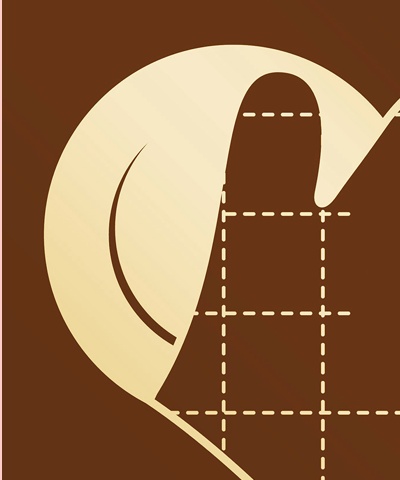Full question
Every pavlova meringue I've ever made has been texturally delicious, crisp on the outside and soft on the inside, but then I bite into it and get a waft of hard boiled egg. It's gotten to the point where I'm wondering if I'm particularly sensitive to the smell. I saw Nigella's Chocolate Raspberry Pavlova on television last night I am now determined to try them again. Do you have any tips for minimising the odour?
Our answer
Pavlovas are meringues that have a crisp exterior but a soft marshmallowy centre, which is due to the addition of cornflour (cornstarch) to the meringue plus baking at a higher temperature for a shorter time than a regular, crisp meringue. If the eggs are fresh then there should not be any smell associated with a pavlova, so it could be that some people are more sensitive to the smell of eggs than others. However some suggest that it could be triggered by the egg whites not being whisked properly, so make sure that there are no traces of grease on your bowl and whisk and no drops of yolk have mixed with the whites. Whisk the whites until they form peaks when you lift the whisk, then start whisking in the sugar a little at a time and continue to whisk until you have a firm and shiny meringue.
Flavoured meringues may also help if you are sensitive to the smell of eggs. Nigella's Chocolate Raspberry Pavlova has cocoa powder and chocolate incorporated into the meringue and a slightly brownie-like flavour, so is a great place to start if you would like to try again. The Cappuccino Pavlova is flavoured with coffee and would also be a good recipe to try. The Mini Pavlovas are flavoured with vanilla extract and the Lemon Pavlova is flavoured with lemon zest and these may also suit your palate.






Tell us what you think
Thank you {% member.data['first-name'] %}.
Explore more questionsYour comment has been submitted.